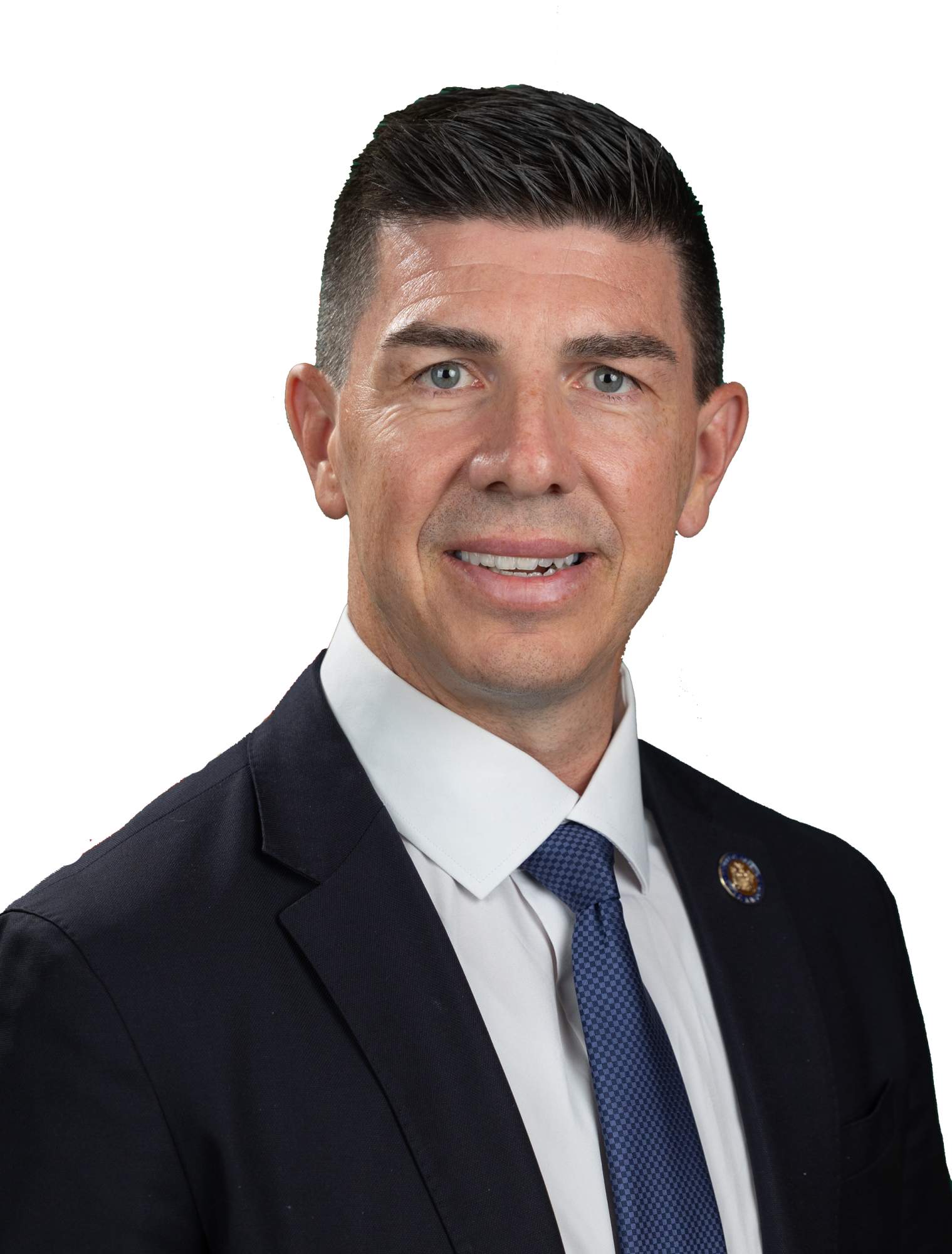Another Voice: Standardized Tests Promote Inequities in Education
Buffalo News
By Monica P. Wallace
Over the last few weeks, our nation has undergone a reckoning over the inequalities experienced by millions of people of color. Activists are right to point out that these inequities begin early in life and compound over time, making it harder for low-income Americans, who are disproportionately black and brown, to get ahead.
As a society, we pride ourselves on the idea that with the right education, anyone can get a good job and live a comfortable life. However, the reality is that some practices in our education system reinforce, rather than bridge, the systemic disadvantages that face poor youth.
The disparities in our education system are perhaps most prominent in the standardized test for college. Most universities require applicants to take the SAT or ACT, and score reasonably well, in order to be considered for acceptance. However, according to a growing body of research, high test scores correlate most strongly with wealth, not academic performance.
In 2016, the College Board found that students with family income under $20,000 on average scored below 500 on the English and math portions. Those test scores increased steadily with family income, cresting at more than 600 points on average among students whose parents made more than $200,000. Researchers say the divide stems from wealthy students having better access to tutors and test prep, as well as attending better-funded schools. Meanwhile, racial disparities in income and wealth means that standardized tests have the effect of holding back black and brown students.
A study by the University of Chicago found that measuring high school GPA scores was five times stronger than ACT scores at predicting applicants’ graduation rates. Taken together, this research raises the worrisome prospect that when it comes to college acceptance, wealth may be more important than intelligence and grit.
These findings would warrant reconsidering colleges’ standardized test requirement under ordinary circumstances. However, the extraordinary circumstances of the Covid-19 era demand change in the application process – at least temporarily. The College Board recently abandoned its plans for a remote SAT exam and announced that several Northeast states and large urban areas were already near testing capacity for August.
Given what we know about standardized test scores and Covid, we can infer that scarcity in exam seats is likely to fall most heavily on the backs of students of color and/or lower means.
College administrators should not miss this opportunity to level the playing field for those of lesser means. They should make standardized tests optional until at least 2022, and possibly longer.
Monica P. Wallace is a Democratic Assemblywoman from Lancaster.
